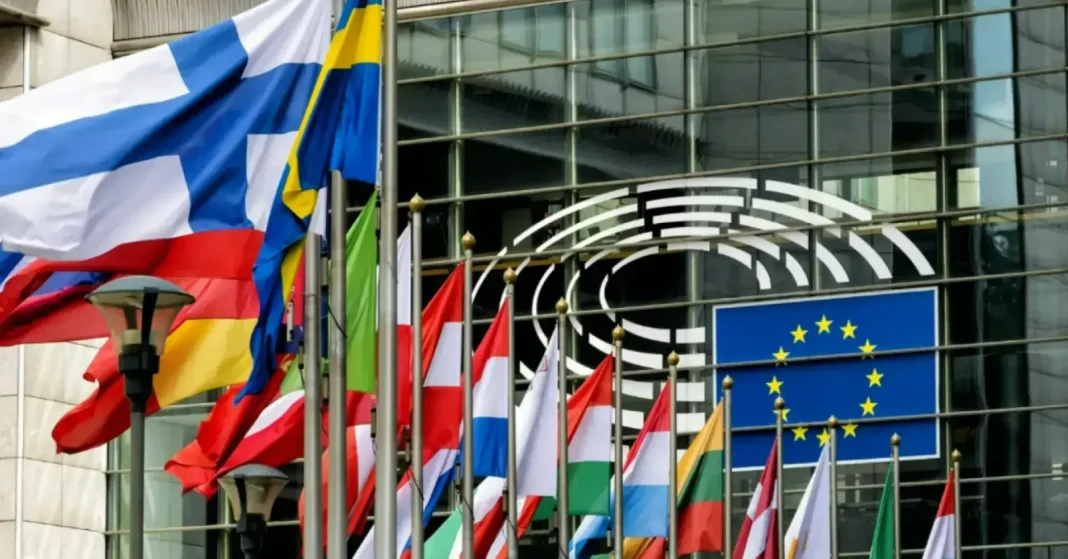The European Union’s ambition to set a climate target for 2040 remains under discussion as member states continue to negotiate terms. As consensus remains elusive, a concrete goal remains pending.
Challenges in Setting Climate Targets

Negotiating climate goals among the EU’s diverse member states is inherently challenging due to varying economic priorities and energy dependencies. Countries with heavy reliance on coal and other fossil fuels often struggle with aggressive targets, fearing economic repercussions. This diversity makes it difficult to find a one-size-fits-all target that satisfies environmental demands without disproportionately impacting certain economies.
Moreover, the EU’s commitment to carbon neutrality by 2050 puts additional pressure on setting intermediate milestones like a 2040 climate target. The goal is to create a feasible path for countries to transition sustainably without compromising economic growth. Yet, finding common ground on how to distribute responsibilities and financial support remains a contentious issue.
The Push for Renewable Energy

Renewable energy is a cornerstone of the EU’s climate strategy. With advancements in technology, the cost of solar, wind, and other renewable sources has decreased significantly, making them more attractive. Some member states have already made substantial progress in this transition, contributing positively to the discussions.
However, the pace of transition varies. Nations with existing infrastructure and technology face fewer hurdles than those still developing the necessary systems. The EU provides support mechanisms to assist these countries, but the disparity continues to be a stumbling block in reaching a 2040 consensus.
Economic Implications

While climate change mitigation is crucial, the economic implications cannot be overlooked. Industries reliant on fossil fuels fear job losses and increased costs during the transition to greener alternatives. Finding a balance between climate goals and economic stability is crucial to maintaining the integrity of member states’ economies.
The European Commission has proposed several initiatives to alleviate these concerns, such as funding for green technology development and retraining programs. These measures aim to mitigate the economic impact while promoting a sustainable future, but reaching agreement on their implementation is still a work in progress.
Ongoing Negotiations

The negotiations for the 2040 climate goal are indicative of the EU’s complex political landscape, where each country seeks to protect its interests. Despite these challenges, there is a shared understanding of the urgency of addressing climate change.
The discussions are expected to continue over the coming months, with environmental leaders advocating for stronger commitments and business groups lobbying for a balanced approach. The outcomes of these negotiations will not only shape the EU’s climate policy but also set a precedent for international climate agreements.
In conclusion, while the path to a 2040 climate goal is fraught with challenges, the EU remains committed to finding a solution that aligns with its long-term sustainability objectives. The coming negotiations will be pivotal in shaping both regional and global climate efforts.





